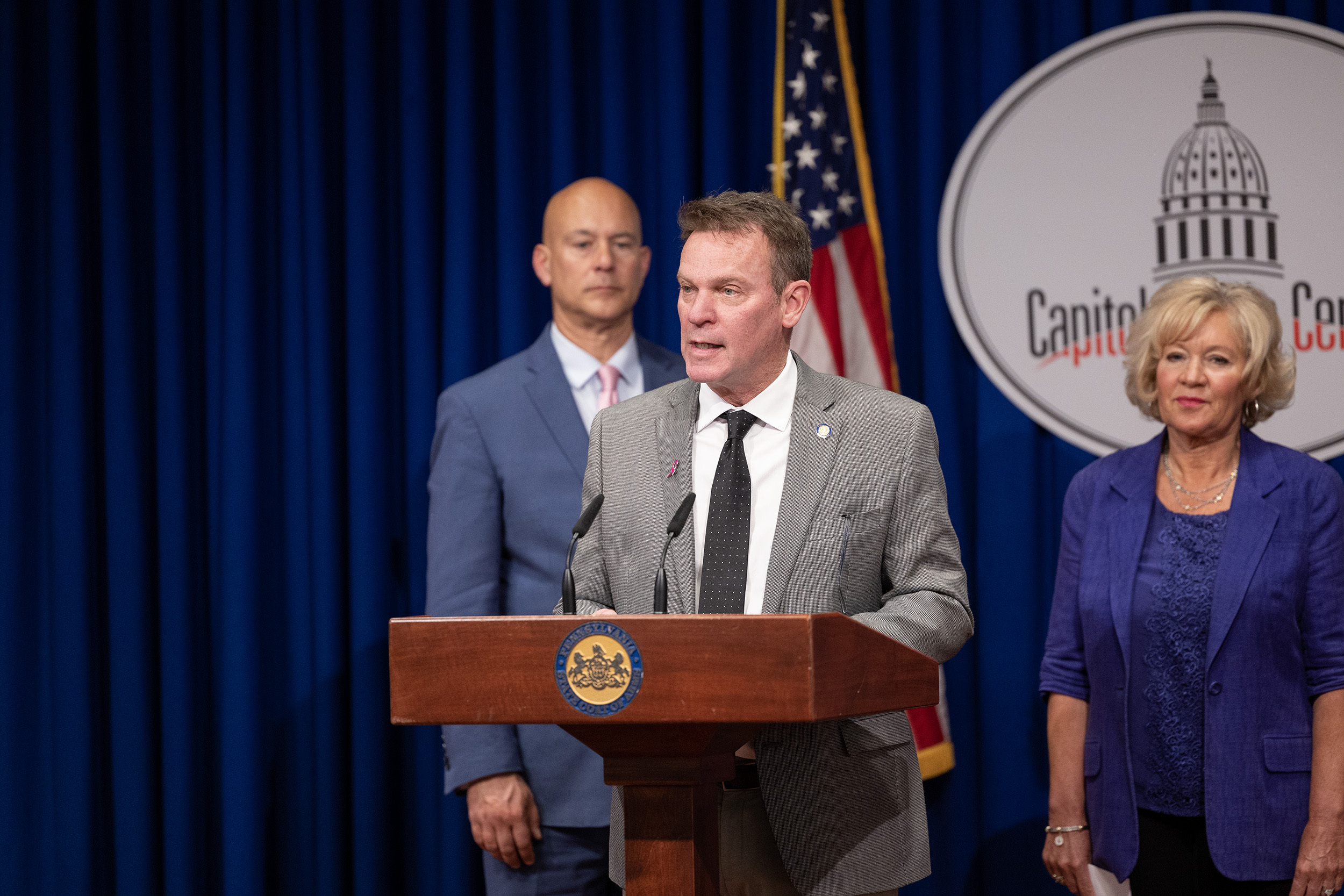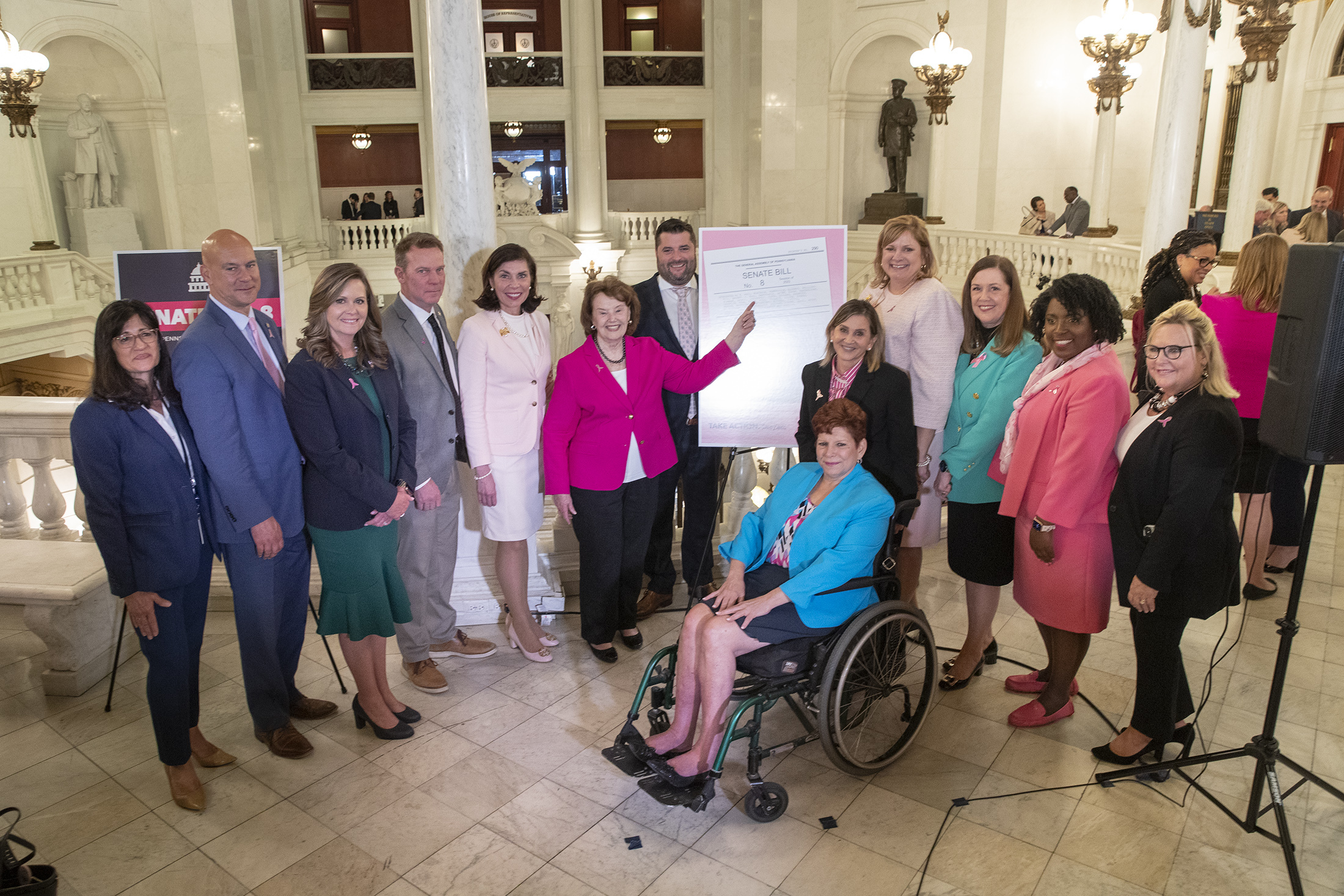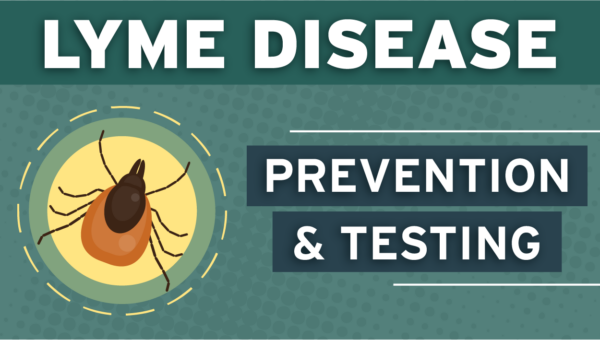
|
||
|
In this Update:
Open Primary Legislation IntroducedThis past week I joined with Sen. Lisa Boscola (D-18) to introduce legislation, Senate Bill 400, to repeal closed primaries and allow registered independent voters who have checked “no affiliation” or “none” on their voter registration form to vote in primary elections. Participation in Pennsylvania’s primary elections is often very low, with that low turnout, at least in part, attributed to voters feeling disenfranchised by the extremes of both major parties, who have taken control of our primary process. Limited primary participation isn’t a way to produce good options from which to choose in general elections. Giving more people the opportunity to have a voice in their representation is an important step toward ensuring democracy. This bipartisan bill will allow registered voters who are unaffiliated, have no registered party or are registered Independent to cast their vote on either the Republican or Democrat ballot. Voters who are registered with a party will continue to be required to vote on their respective ballots. You can read more about my open primary legislation here. Landmark Breast Cancer Legislation Heads to Governor
Now on its way to the governor is landmark legislation, Senate Bill 8, that will increase accessibility to genetic testing for hereditary breast, ovarian, prostate and other cancer syndromes, as well as supplemental breast screenings for women with a high lifetime risk of breast cancer. The bill eliminates out-of-pocket costs associated with BRCA-related genetic testing and counseling as well as supplemental screening such as breast MRI and ultrasound for women at high-risk. High-risk conditions covered by the bill include dense breast tissue, personal history of breast cancer, family history of breast cancer, genetic predisposition and prior radiation therapy. The legislation expands upon Act 52 of 2020, which, for the first time, required insurers to cover breast MRIs and ultrasounds for women with high-risk factors. SB 8 is step two, eliminating costs including co-pays, deductibles, or co-insurance for those screenings as well as BRCA-related genetic testing and counseling. I am proud to have supported this important effort to eliminate the cost barriers associated with cancer screenings and testing so that more people will have the opportunity to receive lifesaving procedures. Senate Passes Bill to Protect Newborns
The Senate unanimously passed legislation to protect babies whose parents are unable to care for them. The bill now moves to the House of Representatives for consideration. Senate Bill 267 would expand Pennsylvania’s Safe Haven Law to allow parents to surrender their unharmed baby at participating urgent care centers. The urgent care centers will ensure the newborn is transported to a hospital and placed in the care of a health care provider. Currently, people may bring their newborn (up to 28 days old) to any Pennsylvania hospital, to a police officer at a police station or to an emergency services provider at an EMS station. The Department of Health estimates that 50 babies have been saved by Pennsylvania’s Safe Haven Law since 2003. Increasing Accountability and Disaster Response Capability
Legislation requiring Senate confirmation of the Pennsylvania Emergency Management Agency (PEMA) director was approved by a bipartisan Senate vote. Senate Bill 433 would increase accountability and ensure the agency is prepared to deal with emergencies efficiently and effectively. PEMA is the lead emergency coordination agency in the commonwealth tasked with guaranteeing the safety of 13 million residents. This includes oversight of 911 centers and the Emergency Alert System, as well as hazardous materials and incidents involving five nuclear power plants. Five state agencies with fewer employees than PEMA require Senate confirmation. The bill is before the House of Representatives for consideration. Senate Votes to Protect Seniors from Financial Exploitation
The Senate approved a bill to help protect Pennsylvania senior citizens from financial exploitation scams using information that is already available within state government. Under Senate Bill 137, the Pennsylvania Office of Attorney General would notify the Department of Aging about any investigations or enforcement actions involving someone age 65 or older and related to the Pennsylvania Telemarketer Registration Act. The improved information sharing would enable the Department of Aging to deliver warnings to local area agencies on aging in counties across the commonwealth while ensuring strict adherence to confidentiality rules. Senate Bill 137 now heads to the House of Representatives for consideration. Broadband Grant Program Opens May 10
The Pennsylvania Broadband Development Authority recently approved the Pennsylvania Broadband Infrastructure Program which will provide $200 million in funding to businesses, nonprofits, local governments and economic development organizations. This program will fund line extension and development projects, as well as large-scale regional infrastructure projects. Upon completion, projects must deliver service that meets or exceeds symmetrical download and upload speeds of 100 Megabits per second, with prioritization being given to fiber-optic deployment. The application period will begin May 10 and will close July 10. View program guidelines here. Register to Vote by May 1
The deadline to register to vote in Pennsylvania’s May 16 primary election is Monday, May 1. Your county election board must receive your application for a mail-in or absentee ballot by Tuesday, May 9. To legally register, individuals must be a citizen of the United States, reside in their local voting precincts at least 30 days prior to the election and be at least age 18 on Election Day, Tuesday, May 16. Once registered to vote, you are not required to register again unless you change your residence, name or political party affiliation. Voter registration forms, mail-in ballot applications and absentee ballot applications are available here or from your local county’s Board of Elections. You can also use the site to check your registration status. Free Tick Testing for All Pennsylvanians
Pennsylvania leads the nation in the number of Lyme disease cases. As we continue to fight Lyme and other tick-borne diseases in the commonwealth, East Stroudsburg University offers a valuable resource for all Pennsylvanians. The university has a tick lab, which provides free testing on ticks for harmful diseases including Lyme disease, Rocky Mountain spotted fever and more. Send a tick sample to the lab and receive the test results that are often necessary evidence for doctors to treat you and increase your chance of staying healthy. This week, the Senate passed a bill to require school officials to notify a student’s parents or guardian if a tick is removed from them at school and inform them of the symptoms of Lyme disease. The bill also calls for schools to provide the tick to parents or guardians if they would like to send it to the lab for testing. To remove a tick, use fine-tipped tweezers to grasp it as close to the skin’s surface as possible and then pull upward with a steady, even pressure. Avoid twisting or jerking as this can cause the mouth-parts to break off and remain in the skin. After removing the tick, thoroughly clean the bite area and your hands with rubbing alcohol or soap and water. For more information about tick-borne diseases or how to submit a tick for testing here. Call Before You Dig
As the weather improves, more people are doing outdoor projects. To stay safe during your excavation project and avoid hitting an underground utility line, call PA One Call by dialing 8-1-1 before you dig. State law requires contractors and residents to contact PA One Call at least three days prior to excavation. This minimizes risk to the contractors or homeowners who are doing the digging; to utility workers and emergency responders who are mobilized to deal with the damage; and to bystanders who live, work or travel near the locations of the incidents. Pennsylvanians can dial 8-1-1 to connect with the One Call system, while out-of-state residents or businesses can call 1-800-242-1776. Learn more here.
If you are not already subscribed to this newsletter please sign up here. |
||
|
||



Want to change how you receive these emails? 2025 © Senate of Pennsylvania | https://www.senatorlaughlin.com | Privacy Policy |









